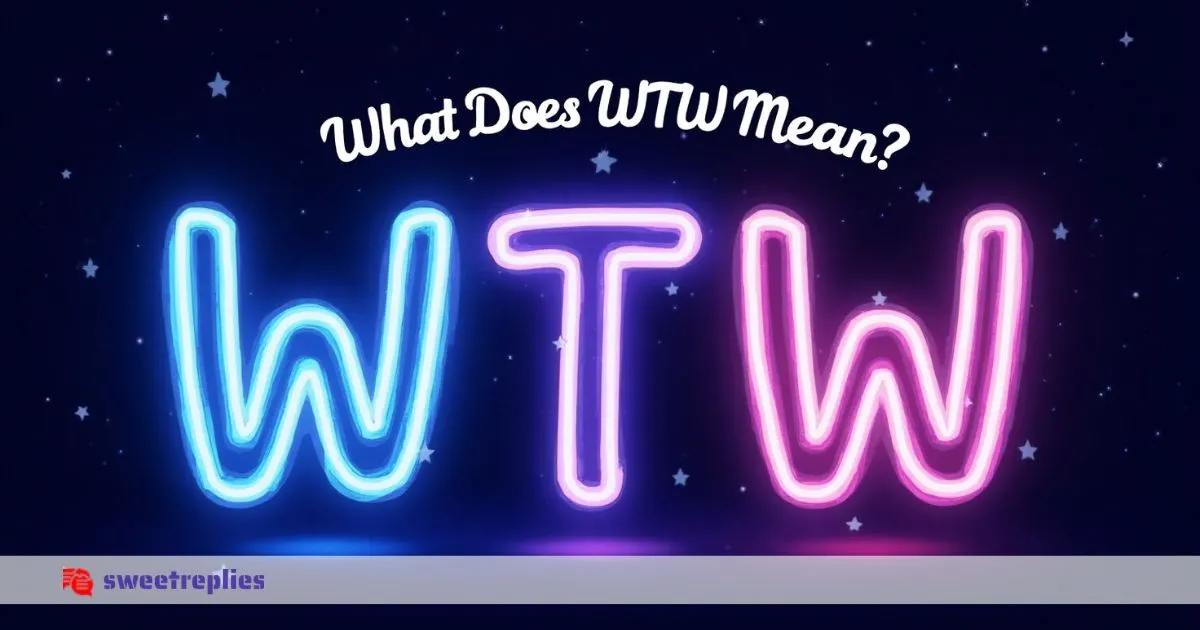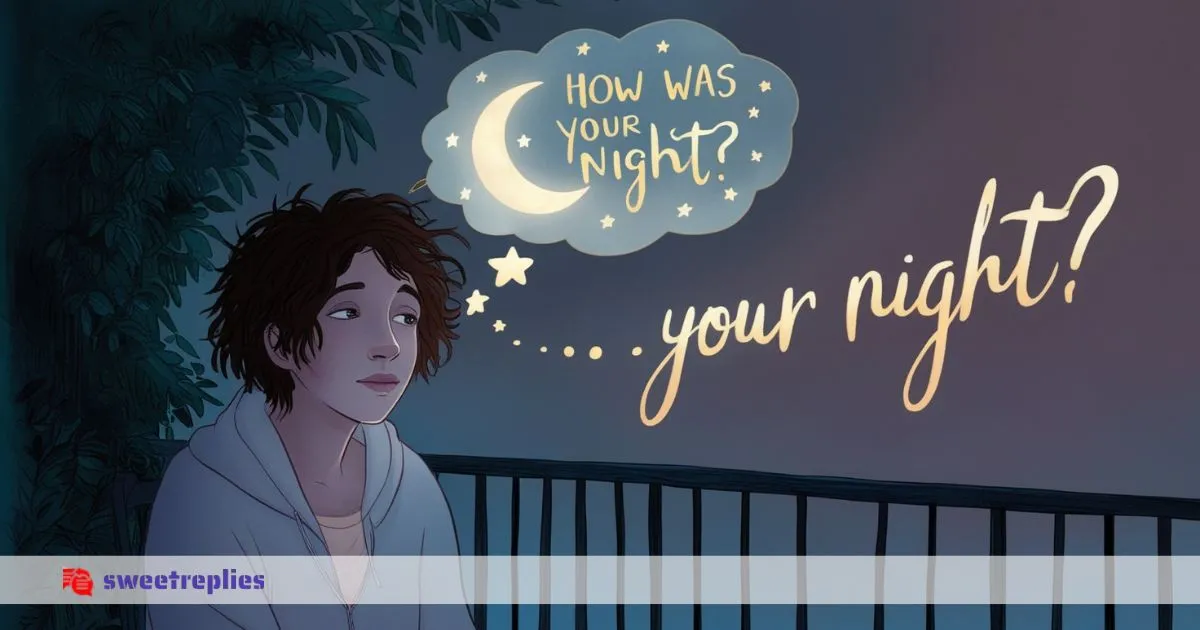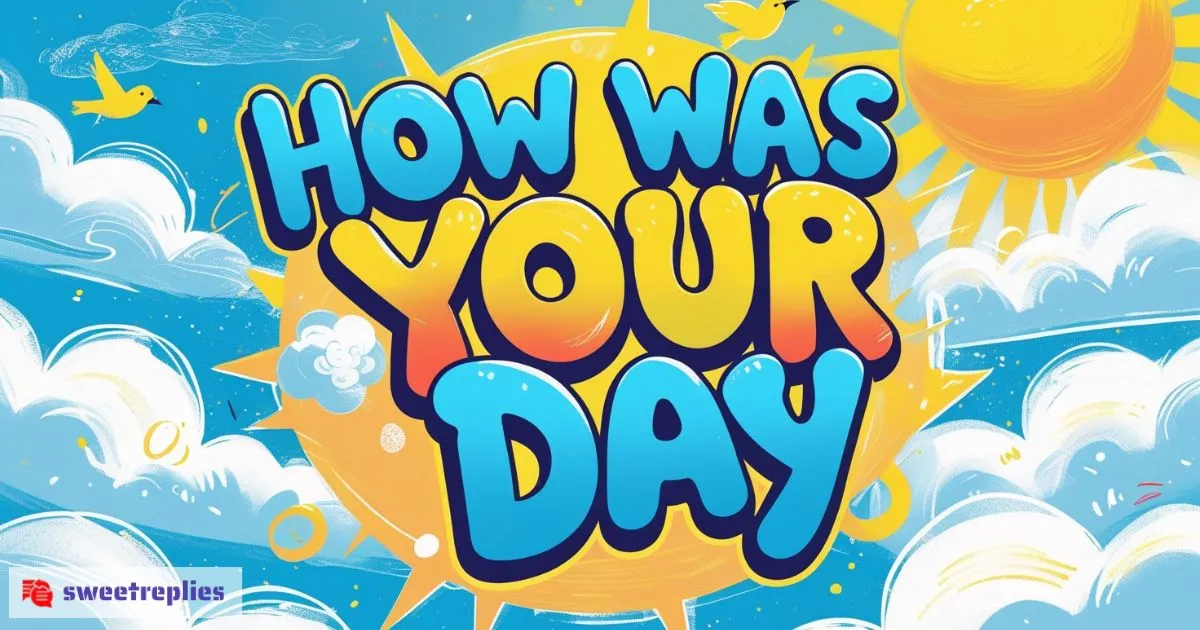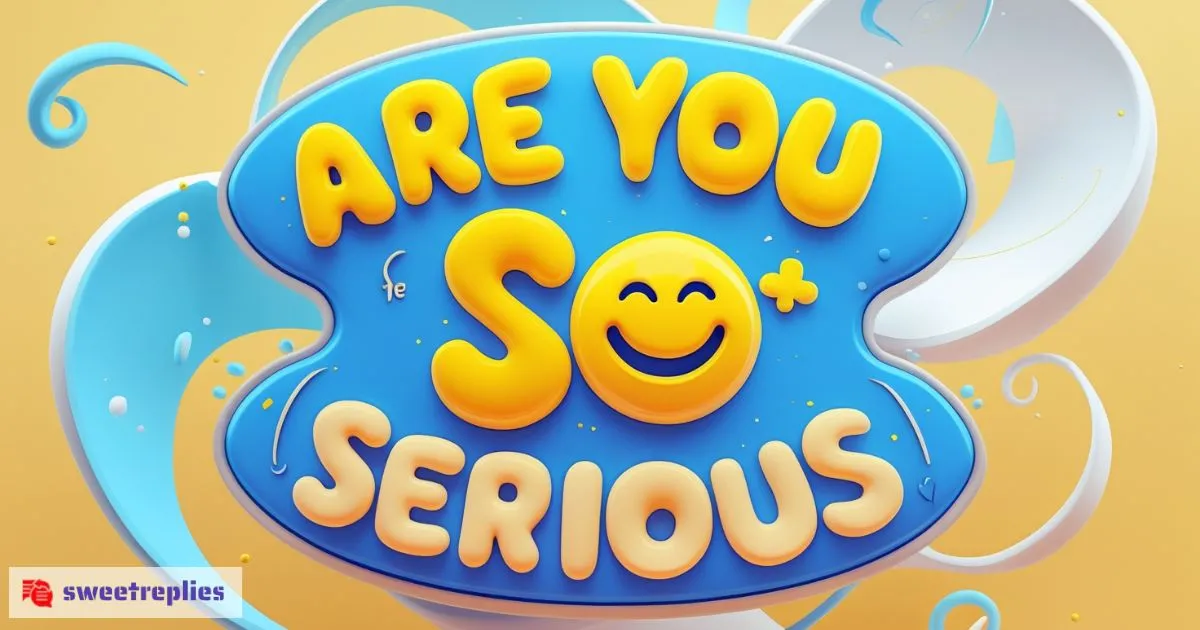Ever seen someone text WTW and felt totally lost? Yeah, I’ve been there too. The world of instant messaging moves fast, and if you don’t speak the lingo, it’s easy to feel left out. If it’s “What’s the word?” or “What’s up?,” these little phrases can say a lot in just a few characters. But what does WTW really mean?
In the world of internet slang, it’s all about quick communication. We rely on acronyms, shorthand, and snappy chat to keep conversations moving. Knowing how to use a phrase like WTW can help you give natural responses and keep up with the flow.
So if you’ve ever seen “WTW” and wondered how it’s used in a sentence, don’t worry—I’ve got your back. In this guide, you’ll get clear answers, real examples, and the confidence to chat like a pro.
Let’s break it down and keep it simple. Let’s begin!
What Does WTW Mean?
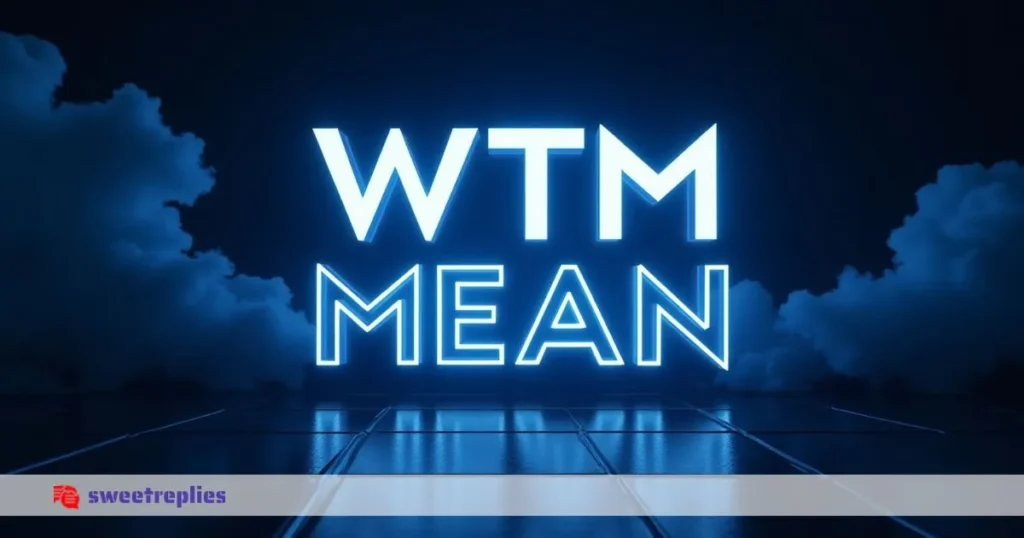
In everyday conversations especially online or over text abbreviations like WTW pop up all the time. But what does WTW really mean? If you’ve seen it in a DM, group chat, or Tikor comment, this short acronym can carry different meanings depending on context.
From casual greetings to playful surprises, knowing how to read and respond to WTW helps keep the conversation going. Let’s break it down.
Primary Meaning
The most popular meaning of WTW is “What’s the Word?” It’s a casual way to ask someone what’s happening or if they’re up to anything. Think of it like saying “What’s up?” but with a little extra style.
Examples:
- WTW? Haven’t heard from you in a bit.”
- WTW with plans tonight?”
- Yo, WTW? Wanna link up?”
- WTW this weekend?”
- Just checking in—WTW?”
It’s an easy opener that fits almost any chill conversation.
What the What”
This playful version of WTW is often used when someone’s surprised or confused in a fun way. It’s a clean, humorous alternative to more intense reactions.
Example:
- Your friend sends a photo of their cat wearing sunglasses. You reply, WTW is going on there? 😂”
It adds a quirky, light-hearted feel to the moment, perfect for social media or friendly chats.
Worth the Wait”
Sometimes, WTW shows up in meaningful moments, especially when talking about something that took time but paid off. This version adds an emotional or grateful tone.
Example:
- Our anniversary dinner was WTW. So perfect.”
It’s often used in captions, messages, or comments that reflect patience and reward.
Walking the Walk”
WTW can also mean someone is not just talking—they’re actually doing what they say. It’s often used in motivational posts or to compliment someone’s integrity.
Example:
- He said he’d change his habits and he’s been doing it every day. That’s WTW.”
It’s a strong way to highlight action over words.
Also Read: The Smart Way to “Avoid Answering Unwanted Questions”
Meaning of WTW on Social Media
On platforms like Snapchat, Instagram, and TikTok, WTW is most often used to mean What’s the Word?” It’s a go-to greeting, a way to check in, or a smooth way to start a flirty convo. But thanks to trends and creativity, people also use it to mean What the What,” Worth the Wait,” or Walking the Walk”—depending on the vibe.
If you’re unsure, always read the tone of the post, caption, or message. Emojis, context, and even time of day can help you decode the real meaning.
How To Respond to WTW Text? Ways to Respond
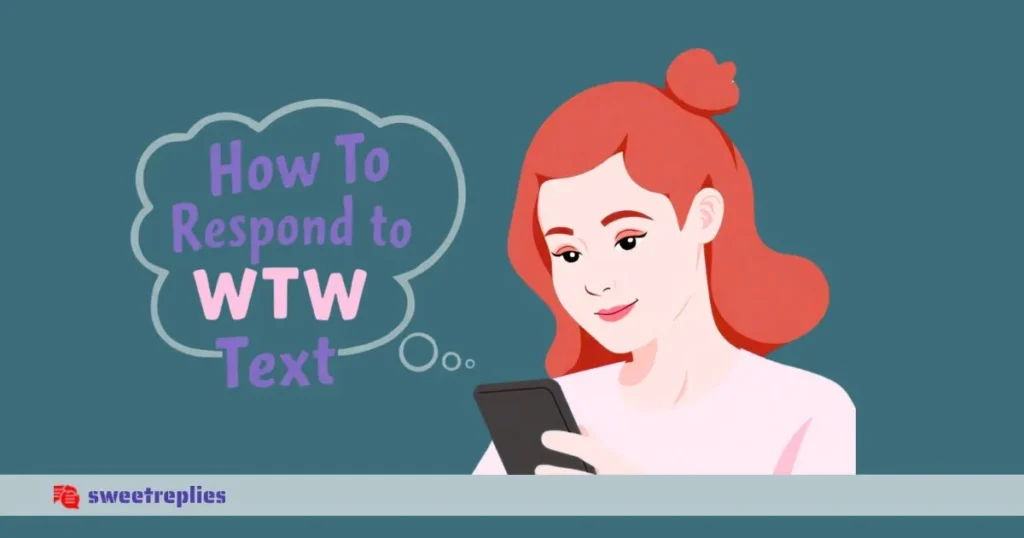
Now that you know what WTW means, let’s explore how to respond in a way that fits the mood. From flirty replies to polite redirects, here are over responses for different situations.
General Responses
- Not much, just chilling. You?”
- Just got home. Wbu?”
- Same old. What’s up?”
- Laying low today.”
- Trying to survive Monday 😂”
Flirty Responses
- WTW? Hopefully you 😉”
- Not much, unless you’re free…”
- Was waiting for your message 😘”
- Just thinking about you.”
- Should we make some plans?”
Responses When You’re Excited
- So glad you texted! Let’s hang!”
- I was just about to message you!”
- Omg, WTW with you? I have so much to share.”
- Ready to do something fun—what’s up?”
- Hyped for the weekend! You?”
Responses When You’re Busy
- Hey! Can’t talk long, super swamped.”
- Busy right now but let’s chat later.”
- Tied up with work—can I text back?”
- Running errands all day.”
- confused day—talk soon?”
Responses When You’re Open to Plans
- Free tonight—WTW?”
- Down for anything chill.”
- Wanna grab food or something?”
- I’m open. Got any ideas?”
- Let’s plan something fun.”
Redirection Responses
- Can’t chat now, but let’s catch up later?”
- I’m not around today—how’s tomorrow?”
- Let’s talk this weekend?”
- Can I call you instead later?”
- I’ll hit you up soon!”
Questions As Responses
- What’s your plan?”
- Where are you at?”
- What are you thinking?”
- Anything fun happening?”
- Who are you with?”
Using Emojis and GIFs
Sometimes a quick GIF or emoji does the trick:
- 😎🔥💬 – Let’s talk”
- 🤔👀 – What’s going on?”
- 😂 – for funny or playful context
- 📍⏰ – Where and when?”
- Bit moji or reaction GIFs for tone
Also Read: Thoughtful & Lovely Replies to “I’m Busy”
Common Mistakes to Avoid When Responding to WTW
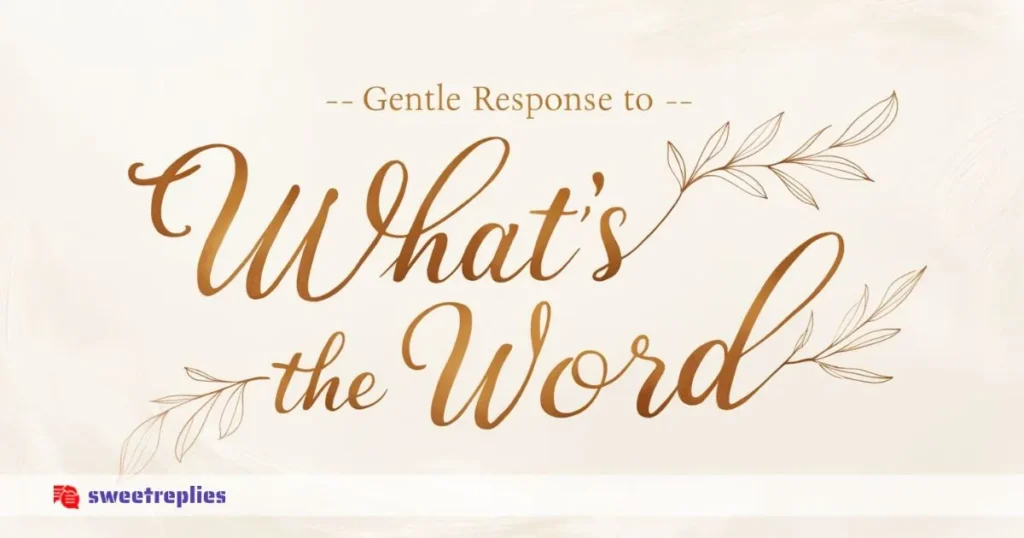
1. Overthinking the Reply
WTW is meant to be casual. Keep it simple and chill.
2. Being Too Formal
Good evening, I am currently unavailable” doesn’t really fit the vibe.
3. Missing the Tone
Is it flirty, casual, or serious? Read the message before replying.
4. Ignoring the Follow-Up
If you start a convo, be ready to keep it going. Ghosting isn’t the move.
5. Overusing Abbreviations
A little slang is fine, but don’t turn your reply into a puzzle.
Final Take
WTW may be short, but it packs a lot of meaning from casual greetings to flirty vibes or emotional moments. Knowing how to read and respond to it can help you keep the flow going, If you’re texting a friend, crush, or someone new. Keep it real, read the vibe, and reply with confidence!

I’m Liam Quill, the writer behind SweetReplies.com, where words come with meaning, heart, and a little charm. I specialize in crafting the perfect replies whether it’s a sweet thank-you message, a thoughtful wish, or a clever response that leaves an impression. With every line I write, my goal is simple: to help you express yourself in a way that feels just right. Because the right words? They make all the difference.
